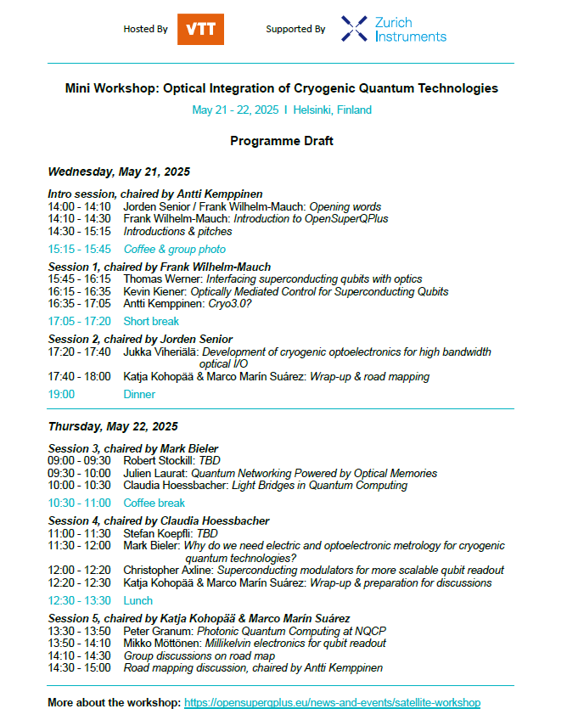Mini Workshop
Optical Integration of Cryogenic Quantum Technologies
May 21-22, 2025
Helsinki, Finland
Hosted By 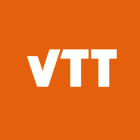 With the Kind Support Of
With the Kind Support Of 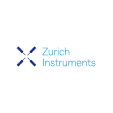
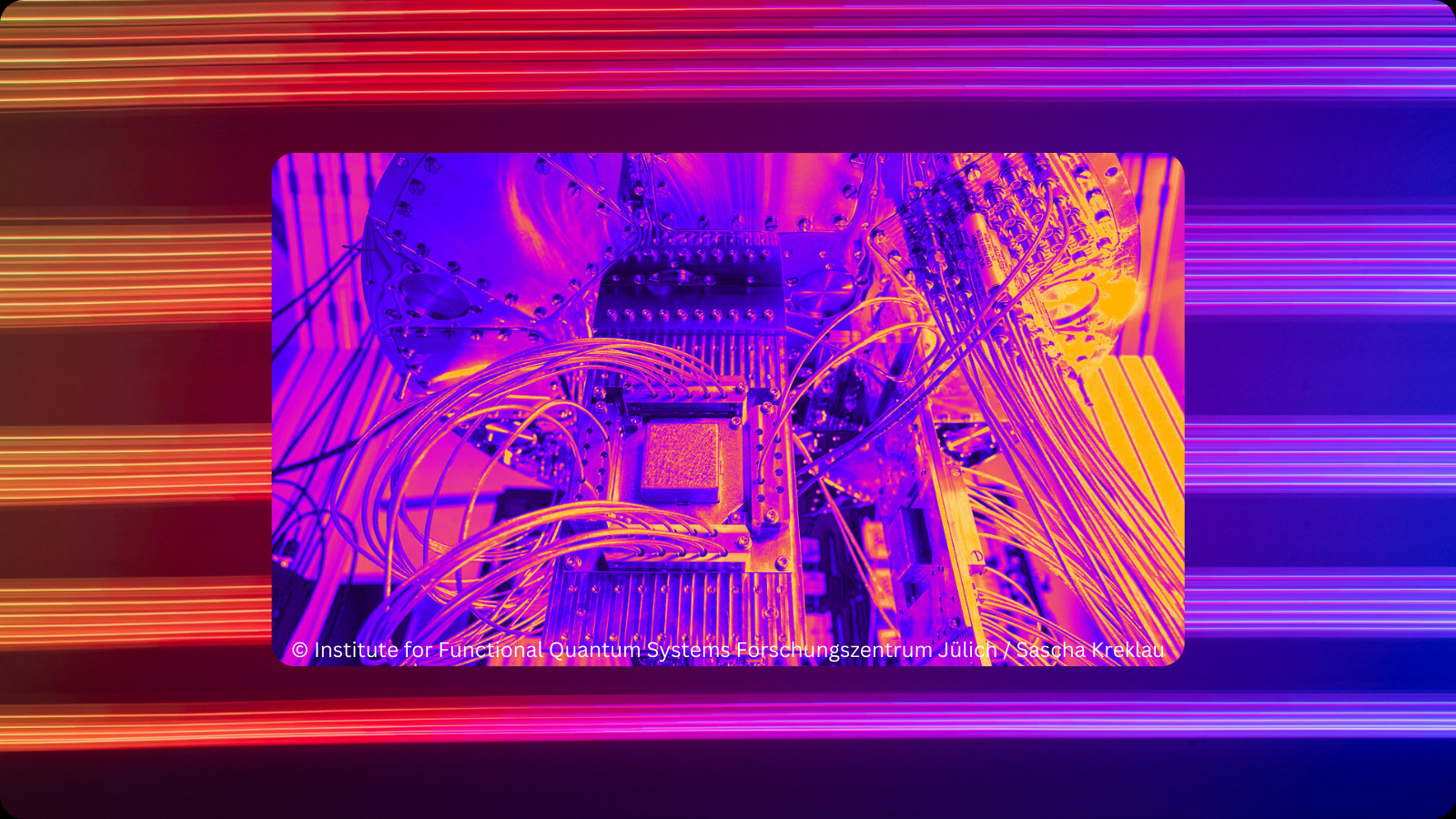
Scope
Scaling up quantum technologies like cryogenic quantum computers has posed a bottleneck: present microwave cabling solutions conduct a significant amount of heat into the cryogenic temperatures. This is a major limitation for the energy efficiency and sustainability of cryogenic technologies, and a challenge for scaling up. In this workshop, we focus on one potential solution: optical signal/data delivery between room temperatures and cryogenics, which may be combined with other techniques. In addition to scalability, optical techniques also enable an increased bandwidth.
We are looking for excellent scientific and technical talks, both from academia and companies on topics such as:
- Optical systems useful or related to any branches of quantum technologies: communication, computing, metrology, or sensing as long as they involve cryogenic temperatures;
- Optical control and readout (input/output) techniques;
- Optical control (signal generation) techniques that may include, e.g., optoelectronic, superconducting, or semiconducting technologies, and also integrated photonics at cryogenic temperatures;
- Readout techniques that may include, e.g., microwave to optical transduction, cryogenic optical modulators, or cryogenic optoelectronic oscilloscopes;
- The input/output signals that may be, e.g., analogue signals or digital data;
- Practical techniques such as cryogenic optical packaging.
The OpenSuperQPlus project is a part of the European Quantum Technology Flagship, focusing on the development of superconducting quantum computers. The project will have its regular (closed) meeting this time in Espoo, Finland, from May 19 until May 21, hosted by VTT and Aalto University. This meeting will already bring together plenty of European experts working on the optical integration, both from industry and academia.
In this satellite workshop, we warmly welcome participants also outside the OpenSuperQPlus consortium, as our intention is to widen the scope beyond that of OpenSuperQPlus. We are aware of many scattered efforts toward the optical integration of cryogenic quantum technologies, and it is time to bring people together for the first time to a focused open workshop.
Programme (in Finnish summer time UTC+3)
Click on the preview image to download the programme.
Confirmed invited speakers (to be updated)

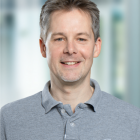
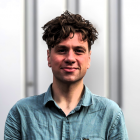
Founded in Delft in 2021, QphoX is a leading developer of optical interfaces to scale quantum computing through novel control, measurement and networking methods. Robert is the CTO and a co-founder of QphoX. Before this he was a Marie-Curie postdoctoral researcher in quantum nanoscience at the TU Delft, which followed his PhD research at the University of Cambridge on entanglement distribution.
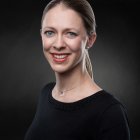
Claudia, CEO of Polariton Technologies, explored her passion for light during her PhD at ETH Zurich, focusing on integrated photonics and plasmonics. Driven by curiosity and a desire for experimentation, she co-founded Polariton in 2019 to develop the world’s fastest and smallest photonic integrated circuits, transforming data transmission speeds in optical communications.
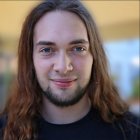
Stefan M. Koepfli is a postdoctoral researcher at ETH Zurich in the group of Prof. Leuthold. He leads the Institute of Electromagnetic Field's (IEF) photodetector subgroup, and his work focuses on the development of photodetectors from visible, near-infrared to mid-infrared spectral regimes for various applications ranging from communication to sensing.

Julien Laurat is Professor at Sorbonne Université, Paris, and he’s leading a research group in Quantum Optics and Quantum Information Science at Laboratoire Kastler Brossel (LKB). At LKB, his group focuses on experimental and theoretical researches to develop the scientific and technical abilities for the realisation of quantum networks. His works include the development of efficient interfaces between light and cold atoms for quantum data storage, the generation and manipulation of non-classical states of light, and the implementation of networking protocols using these resources. Julien Laurat is also co-founder and CSO of the startup Welinq, a company developing quantum processor interconnect solutions.
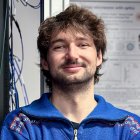
Thomas is a 5th year PhD student in the group of Johannes Fink at ISTA. During his Master’s, he worked at TriLite, a company focusing on light engines for AR glasses. His current research is based on the intersection between superconducting qubits and quantum optics. The team he is part of is trying to take the field one step further on the way to a quantum network.
Venue
Original Sokos Hotel Presidentti, Eteläinen Rautatiekatu 4, Helsinki
Located in the very centre of Helsinki, 550 m from the Central Railway Station and 250 m from the Kamppi metro station, the workshop provides easy access from the airport or hotels in Helsinki city centre. There is also a direct metro line from VTT / Aalto University.
The meeting venue is a hotel, but there are also plenty of other hotels nearby where to stay.
Registration, presentations & abstract
Deadline for abstracts (<1000 characters) and registration for speakers: February 28
We accept registrations without the chance to give a talk until March 31. There are 50 places in total.
